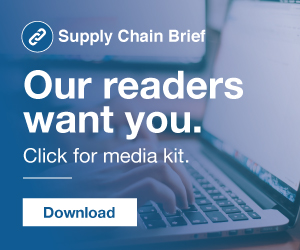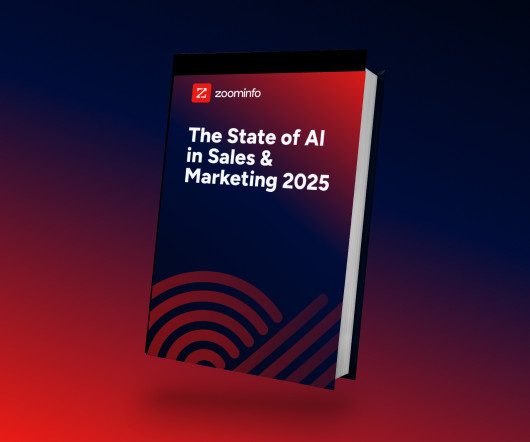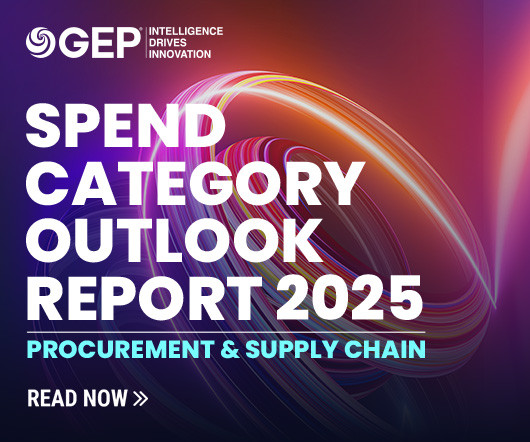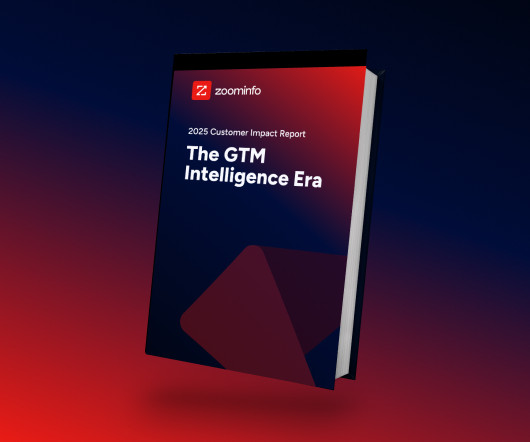7 Incredible Benefits of Cloud-Based Logistics Management
GlobalTranz
JUNE 8, 2017
The cloud-based solutions and applications are quickly conquering the markets all over the world; they deemed to be highly scalable, easy to manage and cost-effective. Small and middle-sized companies are pushed by the aggressive competition to be more flexible and adaptive. Big enterprises might not be that open to innovations but are hypersensitive to cost and resource savings.








































Let's personalize your content